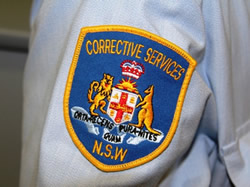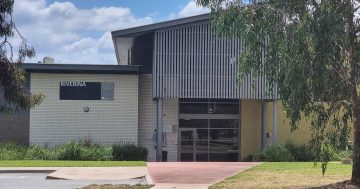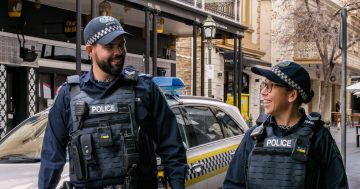 Enhancements to the model of community supervision introduced by Corrective Services NSW in 2016 don’t appear to have reduced the rate of reoffending, according to an evaluation by the NSW Bureau of Crime Statistics and Research (BOCSAR).
Enhancements to the model of community supervision introduced by Corrective Services NSW in 2016 don’t appear to have reduced the rate of reoffending, according to an evaluation by the NSW Bureau of Crime Statistics and Research (BOCSAR).
The Bureau said the Practice Guide for Intervention (PGI) provided Community Corrections Officers with a series of cognitive behavioural therapy-based structured writing exercises to undertake with offenders.
“BOCSAR measured the impact of the program on recidivism by comparing the difference in reoffending rates between supervised (the treatment group) and unsupervised offenders (the control group) before and after the implementation of PGI,” the Bureau said.
“Controls were included for a wide range of factors known to influence reoffending,” it said.
BOCSAR said the results revealed a slightly lower rate of reoffending for supervised parolees who had access to PGI but the reduction wasn’t statistically significant.
Executive Director of BOCSAR, Jackie Fitzgerald said the findings needed to be considered in the context of past research, which showed that community supervision of offenders was effective in reducing reoffending.
“This study compared reoffending among offenders receiving PGI with offenders receiving the existing model of supervision, a model known to deliver positive reoffending outcomes,” Ms Fitzgerald said.
“The results indicate that PGI does not produce any additional benefit over what was previously delivered by Community Corrections Officers,” she said.
BOCSAR’s 26-page evaluation report can be accessed at this PS News link.











